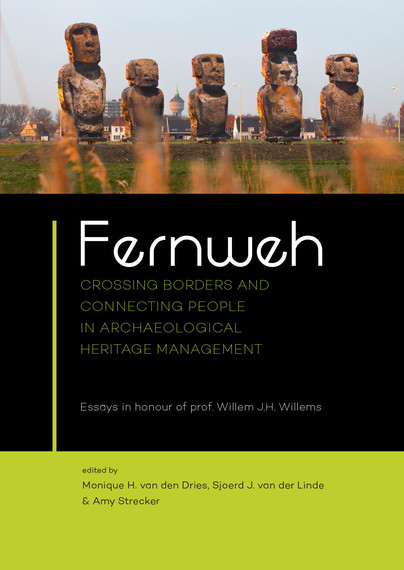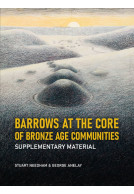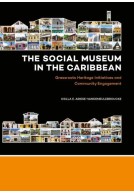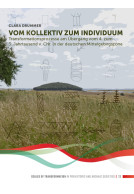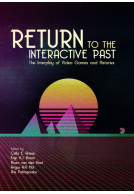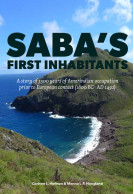Fernweh (Paperback)
Crossing borders and connecting people in archaeological heritage management. Essays in honour of prof. Willem J.H. Willems
Imprint: Sidestone Press
Pages: 186
ISBN: 9789088903502
Published: 31st January 2016
Script Academic & Professional
Pages: 186
ISBN: 9789088903502
Published: 31st January 2016
Script Academic & Professional
You'll be £35.00 closer to your next £10.00 credit when you purchase Fernweh. What's this?
+£4.99 UK Delivery or free UK delivery if order is over £40
(click here for international delivery rates)
Order within the next 9 hours, 21 minutes to get your order processed the next working day!
Need a currency converter? Check XE.com for live rates
(click here for international delivery rates)
Order within the next 9 hours, 21 minutes to get your order processed the next working day!
Need a currency converter? Check XE.com for live rates
‘Fernweh’ is a collection of essays on archaeological heritage management issues dedicated to Professor dr. Willem J.H. Willems.
Willem Willems (1950-2014) was one of the most prominent and influential Dutch archaeologists. He directed three national archaeological and heritage organizations, and played a major role in the development of both national and international heritage management systems. His professional passion was threefold: Roman archaeology, archaeological heritage management and international collaboration. This volume is a tribute to him, his passions and the provocative discussions he loved so much. It holds contributions by people who worked closely with him. The essays originate from various contexts across the globe; from governmental organizations to museums, from private sector companies to universities. Some are contemplative, others offer refreshing visions for the future.
The essays contribute to contemporary debates in archaeological heritage management. They concern the various dimensions and consequences of current policies and practices and address the meaning and use of the world’s legacies from the past in and for society, at present and in the future. The overarching theme is the question of whose heritage we are protecting and how we can better valorise research results and connect with society.
The book is organised into three parts. The first part, ‘Time travels’ covers the major challenges the archaeological heritage discipline is facing while heading towards the future. The second part, ‘Crossing borders and boundaries’, consists of essays that consider the international organizations and projects Willem Willems became (directly and indirectly) involved with. It reflects his trans-disciplinary interests and endeavours. In the third part, ‘Home sweet home’, the contributions discuss prof. Willems’ involvement with and dedication to Dutch archaeological heritage management, from the implementation of the Council of Europe’s Valletta Convention, to the engagement with people from all walks of life.
Other titles in Sidestone Press...







